Empower Your Journey with Cancer Support
Mistletoe Therapy
Mistletoe Therapy is a complementary approach designed to support individuals undergoing traditional cancer treatments such as chemotherapy and radiation.

Mistletoe Therapy is one of the most widely studied
complementary and alternative therapies for cancer.
What is Mistletoe Therapy?
Mistletoe Therapy has emerged as a prominent naturopathic option for cancer support. It has been researched and applied extensively across Europe. This approach utilizes a liquid extract derived from the Mistletoe plant, offering an alternative cancer support method to improve quality of life during cancer treatment.
What is Mistletoe?
Viscum Album, commonly known as Mistletoe, is a parasitic plant that grows on a variety of trees, including apple, oak, maple, elm, pine, and birch. Originating from Europe and Western Asia, its medicinal properties have been recognized since the times of ancient civilizations. Extracts derived from Mistletoe are widely utilized in oncology, showing a reliable track record of safety and efficacy as a complement to standard treatment protocols in Mistletoe Therapy for cancer care.
Why is Mistletoe Therapy Used?
At Tringali VIbrant Health, we use Mistletoe Therapy for cancer support, but it is also used in the United States and across Europe in the following ways:
- To treat hepatitis (swelling of the liver caused by the hepatitis C virus)
- Cancer Support
- To reduce side effects from cancer treatments
Types of Mistletoe Therapy we Offer:
Tringali Vibrant Health offers two types of Mistletoe Therapy, including:
- Intravenous Delivery
- Subcutaneous Injection

The Research on Mistletoe Therapy
Mistletoe Therapy is one of the most widely studied complementary and alternative therapies for cancer support. There is extensive research and clinical trials in Europe. There is an extensive review of the research on the National Cancer Institute (NCI) Website. For more details, you can read this research here.
Recent research, published in Cancer Research Communications, discusses a Phase I clinical trial that involved administering intravenous mistletoe extract to twenty-one patients from Johns Hopkins University Sidney Kimmel Comprehensive Cancer Center (SKCCC). Findings suggest that mistletoe therapy could be a viable option with manageable side effects, showing promise for disease control and enhancing the quality of life for patients undergoing extensive treatment.




